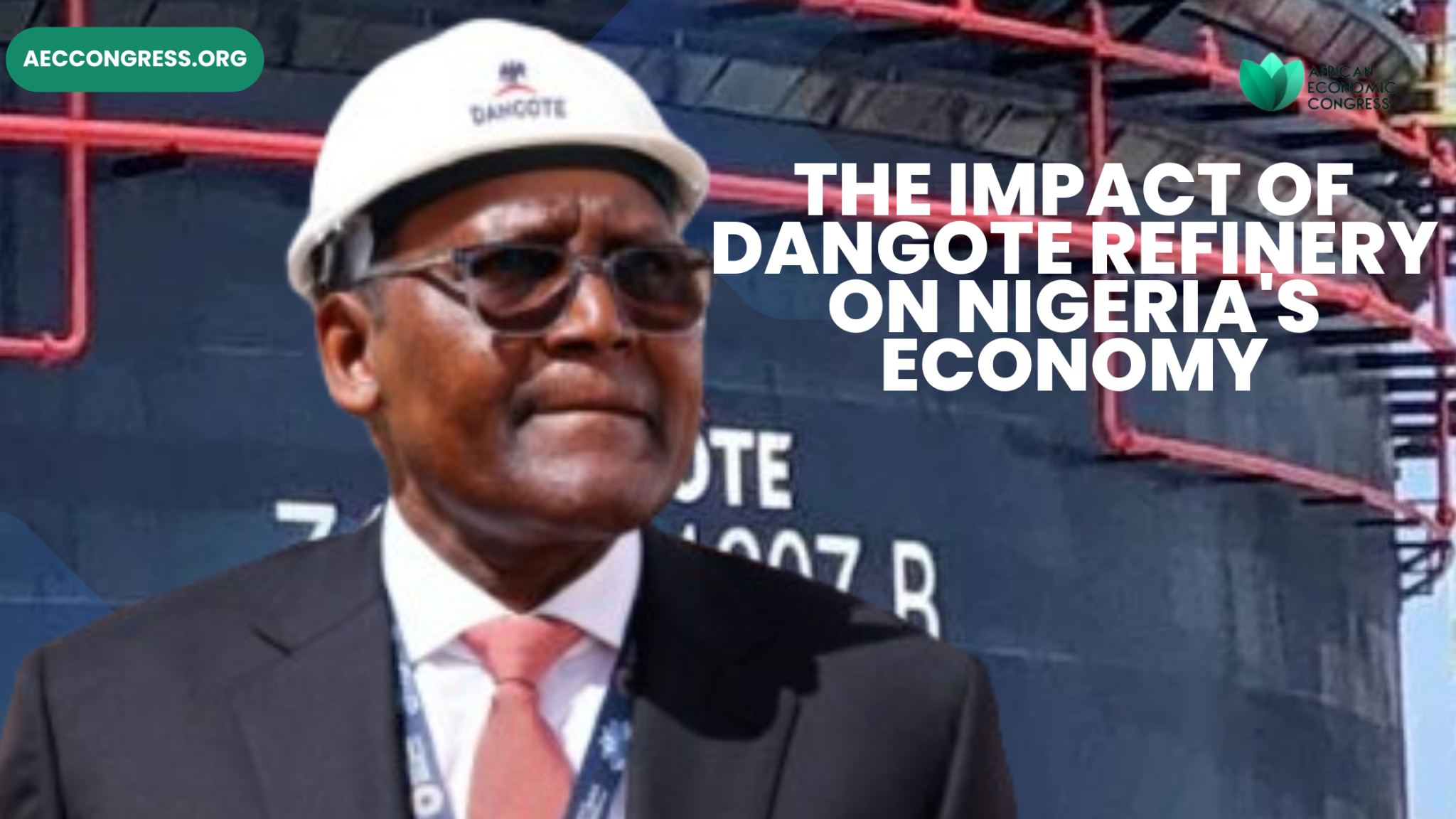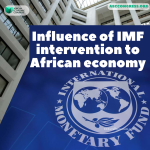Nigeria, the largest economy in Africa, has long relied on crude oil exports as its primary revenue source. Despite the country’s vast crude oil reserves, insufficient local refining capacity has left it dependent on fuel imports for decades. However, in May 2023, Dangote Group inaugurated the world’s largest single-train refinery in Nigeria. This milestone is set to reshape the country’s economic landscape. In this article, we will explore the potential impact of the Dangote Refinery on Nigeria’s economy and its future prospects.
Reducing Dependency on Fuel Importation
One of Nigeria’s biggest economic challenges has been its reliance on imported refined fuel due to the lack of functional local refineries. Dangote Refinery, with a production capacity of 650,000 barrels per day, is positioned to change this dynamic by meeting domestic fuel demand. This would significantly reduce Nigeria’s fuel import bill, improving the country’s trade balance and easing its foreign exchange pressure. Lowering import dependency is a crucial step toward addressing Nigeria’s long-term economic vulnerabilities.
Job Creation and Economic Empowerment
As Africa’s largest industrial project, Dangote Refinery is expected to be a major driver of job creation. The refinery is projected to generate over 570,000 direct jobs and more than 100,000 indirect employment opportunities. By reducing unemployment, the refinery will increase economic activity, boost household incomes, and contribute to government revenue through taxes. The economic empowerment brought by new jobs will enhance the circulation of money within the Nigerian economy, further stimulating growth.
Boosting Foreign Exchange Earnings and Stability
In addition to serving Nigeria’s domestic market, Dangote Refinery will export refined petroleum products, positioning Nigeria as both an exporter of refined and crude oil. This shift from importer to exporter will bolster Nigeria’s foreign exchange reserves, helping stabilize the naira and reduce inflationary pressures. The refinery’s exports will also diversify Nigeria’s foreign exchange earnings, strengthening the country’s financial resilience.
Promoting Industrial Growth and Economic Diversification
Dangote Refinery’s capacity extends beyond fuel production. The refinery will produce a range of petrochemical products, including fertilizers and plastics, which will foster industrial growth and economic diversification. This move away from an overreliance on crude oil exports toward a more varied industrial base will reduce Nigeria’s economic vulnerability to oil price fluctuations, promoting sustainable development in the long term.
Monopoly Concerns
Despite the positive economic implications, there are concerns about the potential for monopoly. As a massive private venture with limited competition, Dangote Refinery could dominate Nigeria’s refining and petrochemical industry. This market concentration could lead to price-setting power and reduced competition, which may negatively impact consumers and small businesses. Regulatory oversight will be essential to ensuring fair market practices and preventing potential exploitation.
The Dangote Refinery is poised to be a game-changer for Nigeria’s economy, offering numerous benefits such as job creation, foreign exchange stability, and industrial growth. While concerns about market dominance exist, the overall impact of the refinery is likely to be overwhelmingly positive, positioning Nigeria for a more secure and prosperous economic future.



